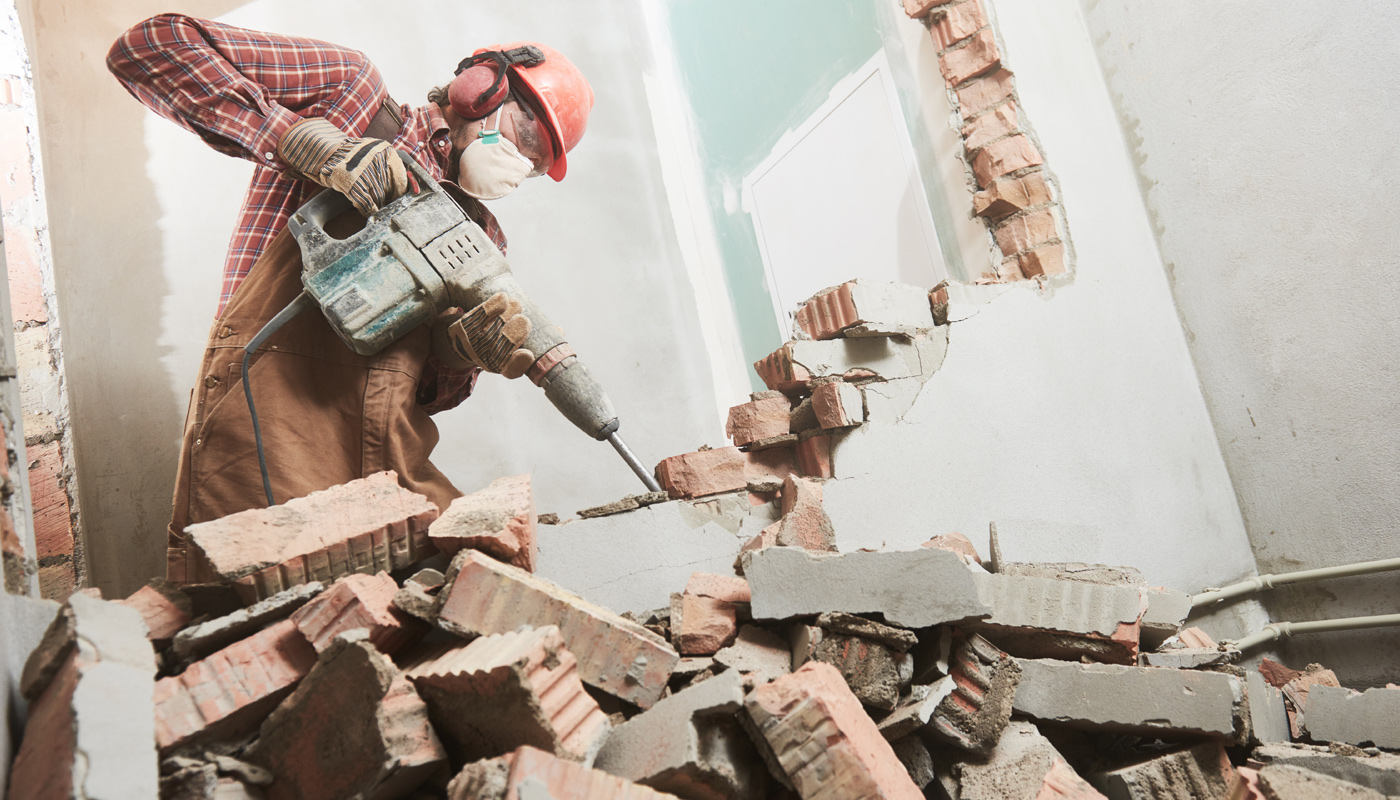Licence to Alter
In North London Boroughs and Surrounding areas.
Landlord Permission
Leaseholders looking to make structural or some material alterations to their property often require permission from the landlord. Permission cannot be unreasonably withheld.
Licence to alter
Permission is given by way of a Licence to Alter document. This is a legal agreement from the landlord of a property giving approval for proposed alterations.
Lease
A leaseholder should check the terms of their lease when thinking of making alterations to their property. If permission is required but not obtained, they will be in breach of the lease.
Costs
Costs for the licencing process are met by the leaseholder.
Licence to Alter
Most leases stipulate that a leaseholder wishing to carry out structural alterations, or some material changes to their property, will require permission from a landlord by way of a Licence to Alter agreement. The lease will detail the extent of the permission required, but permission should not be unreasonably withheld.
It is important that a leaseholder does not carry out alterations before permission is granted, as this will result in a breach of the lease. This can create problems should they wish to sell the property in the future, and the freeholder could also commence costly legal proceedings against them. Also, it could prove costly and problematic to try and gain consent retrospectively.
The Licence to Alter document is generally drafted by the landlord’s solicitor but requires technical input from a chartered surveyor, who will review the proposed drawings and specification of work and recommend amendments to the licence that may be required.
We can help with all technical aspects of a Licence to Alter application. Please contact us if you require help or advice on how best to proceed.
Common Questions on Licence to Alter
What is a Licence to Alter?
A Licence to Alter is a formal legal document that gives consent to a leaseholder, from the landlord, to carry out alterations to the property.
When would I need to Licence to Alter?
It really depends on what each individual lease says. However, works commonly requiring a Licence to Alter include; Structural alterations (loft conversions, extensions, removing walls etc.) Floor finish alterations (carpet to wooden or tiled flooring) Window replacements, Relocating kitchens and bathrooms, Exterior alterations or additions to a property.
Why do I need a Licence to Alter?
Because any alterations you make will affect the landlord’s freehold interest. This is especially the case with flats in a block where removing a wall could affect the rest of the building. The landlord will want assurances that the works comply with planning requirements, building regulations and are structurally sound. The landlord will also need to ensure that they are insuring the building correctly and will need to know if there are significant additions or alterations that may affect their policy.
Can a landlord/freeholder refuse consent?
Most leases will stipulate that a landlord cannot unreasonably withhold consent. However, it is important that the landlord is contacted and given details of the proposed works, along with being afforded a reasonable amount of time to respond.
Who pays for the Licence to Alter?
The leaseholder pays for the cost of a Licence to Alter agreement. The freeholder will require a solicitor and chartered surveyor to draw up the licence and review all technical information provided by the leaseholder.
What’s involved in obtaining a Licence to Alter?
The process can be summarised as follows;
The freeholder is contacted and notified of the proposed works. Existing and proposed drawings are the best way of conveying this information along with an outline description of what works are involved.
If works require a Licence to Alter, the freeholder instructs a solicitor and chartered surveyor to draw up the licence and technically review the works.
The surveyor advises the freeholder on what information is required in order to agree to the Licence to Alter. This could include such things as detailed construction drawings, structural calculations, proof of planning permission and building regulation compliance, schedules of work, health and safety information etc.
Once all information is provided, the surveyor will inspect the property. A Schedule of Condition report may be required to factually record existing defects prior to works commencing.
The surveyor liaises with the freeholder and/or solicitor and recommends relevant clauses to include within the Licence to Alter.
Once reviewed and agreed, the Licence to Alter is signed by the freeholder and leaseholder and served to both parties. Work can now commence.
Once works are complete, the surveyor will visit the property to check off the Schedule of Condition report, if one was undertaken, and also check the works undertaken to ensure they have been completed in accordance with the Licence to Alter.
What happens if I carry out works without consent?
You will be in breach of your lease. This can have serious consequences and result in;
The landlord obtaining a court injunction to prevent you from carrying out further works and to reinstate the property back to its original state. The landlord could also claim for damages.
Forfeiture of your lease. Your landlord can pursue the termination of your lease on the basis you have breached the lease agreement.
Problems selling your property. You may wish to sell in the future and your buyer’s solicitor flags up the fact you have unlawfully carried out works (without the landlord’s consent). If you then approach the landlord to try and agree to a licence retrospectively, they may charge you an overinflated figure knowing they are in a strong bargaining position.



